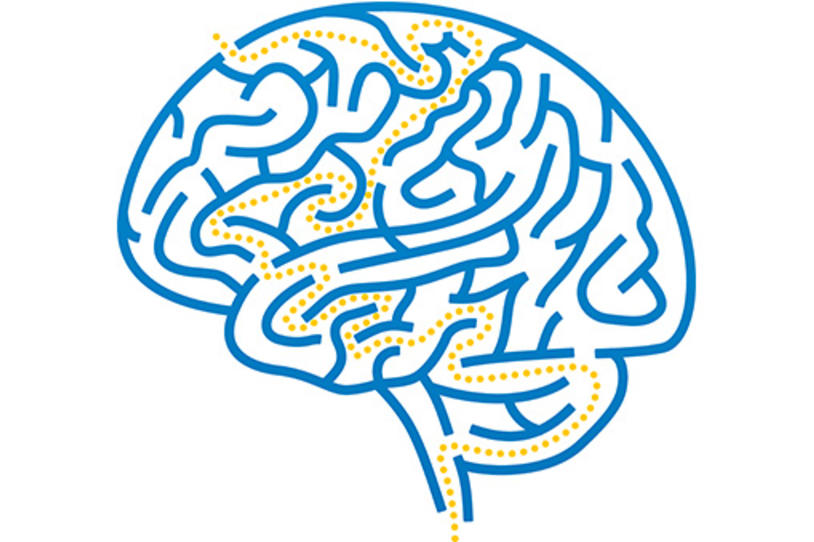
An ongoing story of Parkinson’s drug development continues as a clinical trial investigating a new device to deliver GDNF to the brain moves into the next phase. GDNF is one of a family of proteins called trophic factors that contribute to brain cell growth and survival.
The study — run by MedGenesis Therapeutix Inc. at the North Bristol NHS Trust in Bristol, England, and supported by Parkinson’s UK and the UK-based Cure Parkinson’s Trust — is recruiting 36 Parkinson’s patients to participate in a study testing this treatment approach. MedGenesis is trying a new pump-based delivery method (developed with support from The Michael J. Fox Foundation) to increase the likelihood of reaching the proper brain target and helping patients with Parkinson’s.
GDNF and other neurotrophic factors have been shown to protect and restore dopamine neurons from degeneration in pre-clinical models of Parkinson’s disease, leading to great enthusiasm about their potential to halt, slow or reverse PD progression (something no currently available treatment has been proven to do).
"The excitement behind growth factors such as GDNF is that not only could they be protective, but there's the possibility for regenerating or rejuvenating some of the sick cells in the brain," MJFF CEO Todd Sherer, PhD, told Nature News in 2010.
However, this enthusiasm has been tempered somewhat by disappointing results of clinical studies in human patients to date, which have not yet demonstrated the benefit seen in pre-clinical models. A Michael J. Fox Foundation (MJFF)-funded Phase II clinical study of CERE-120, an experimental gene therapy designed to deliver trophic factor neurturin, yielded disappointing results earlier this year.
“Scientists continue to investigate where, when and how to deliver trophic factor therapy in PD. It's possible that we still haven't found the best means of delivery, or that the treatment needs to be delivered earlier during the course of the disease. These are critical details that could have a major impact on the future success of trophic factor therapies in development,” said MJFF senior associate director Jamie Eberling, PhD.
MedGenesis’ pump system will be implanted into patients’ brains, and the GDNF drug or a placebo will be infused through the pump every four weeks for nine months. By repeatedly delivering the drug directly to the putamen, which regulates dopamine, scientists hope to increase the likelihood that this trophic factor will have a positive effect on Parkinson’s patients and their symptoms.
Researchers will compare the outcomes of the drug and placebo groups, and if the study subjects who receive the GDNF drug experience improvement, the placebo group will receive the GDNF drug after completion of the study.
Recruitment for the trial began in October.
